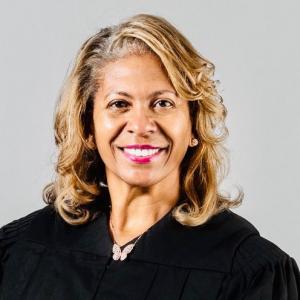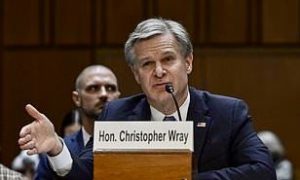It seems like the clock’s gone backwards and everybody is back in 2016 after Trump released a statement on August 8, 2022 following the Federal Bureau of Investigation’s raid on Mar-a-Lago.
Hillary Clinton’s emails are set to take front and center stage once more. In his statement, released by Trump’s spokesperson Taylor Budowich, Trump called his impeachment hearings “Impeachment Hoax #1” and “Impeachment Hoax #2” while calling the FBI’s raid “political targeting at the highest level.” Additionally, the former US President said that Clinton was “allowed to delete and acid wash 33,000 emails AFTER they were subpoenaed by Congress.”
Also Read: Where is Mar-a-Lago?
During her time as Secretary of State, Clinton had opted to use a private server for an email address as opposed to one on the servers of the State Department. The issue with Clinton’s emails can be traced back to the 2012 attacks on the US embassy in Benghazi, Libya. While investigating the attacks, Congress had asked the State Department for her emails, which it did, turning over only eight.
Also Read: Mar-a-lago security details
This set off an FBI investigation, where the domestic agency subpoenaed Clinton in 2015, asking her to hand over all her emails on her private server. Here is where it gets murky.
The Clinton campaign had previously indicated that her emails had been deleted before the congressional subpoena on March 4, 2015. But the FBI’s investigation found that the emails were deleted “between March 25-31, 2015”. That’s three weeks after the summons.
Eventually, the FBI launched a a full scale investigation into the email controversy and here is what it found:
A) They looked at whether classified information was transmitted through her private server. They found that while there was no clear evidence of Clinton violating laws governing the handling of classified information, her office, according to then FBI Director James B. Comey was “extremely careless in their handling of very sensitive, highly classified information.”
B) The FBI said that they did not think they had a clear cut case to bring up criminal charges because there was seemingly no malicious or intentional attempt to disrupt the US. They recommended to the Department of Justice that no charges be brought up.






